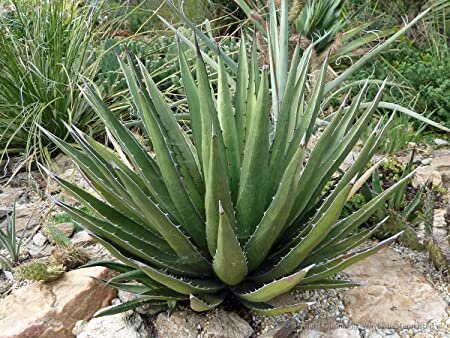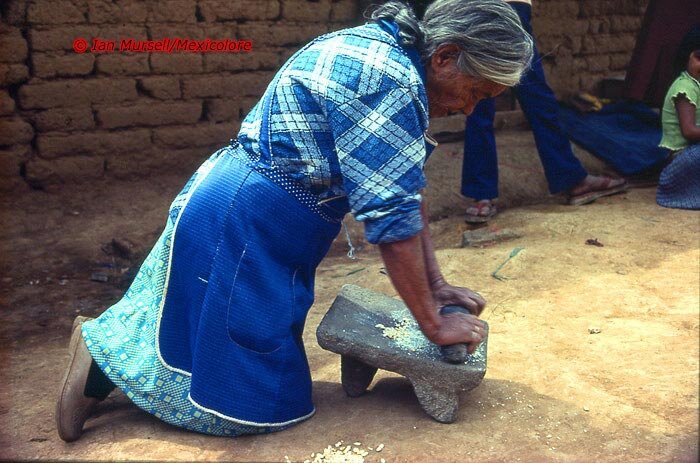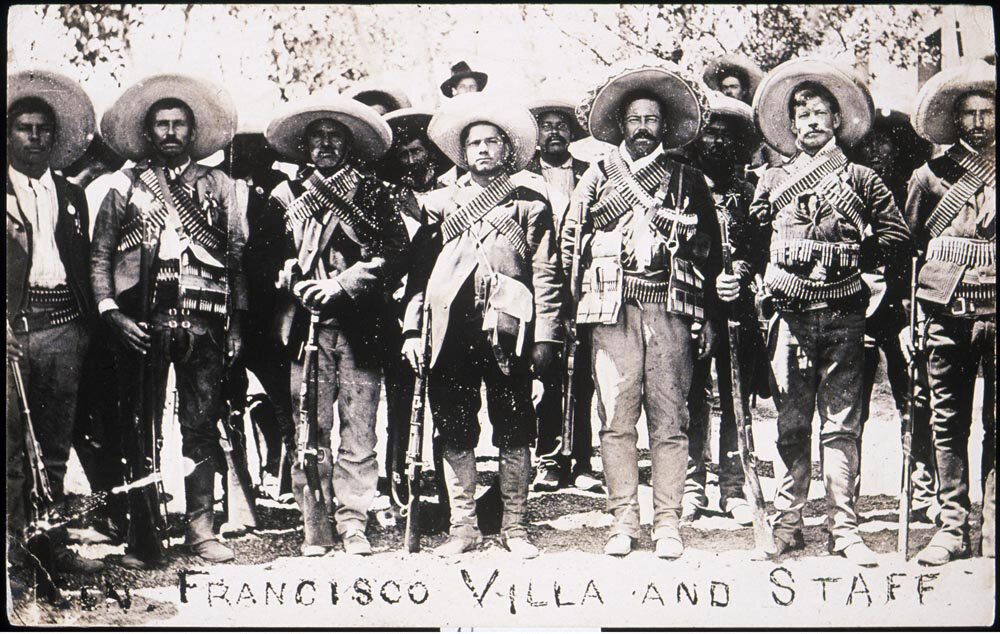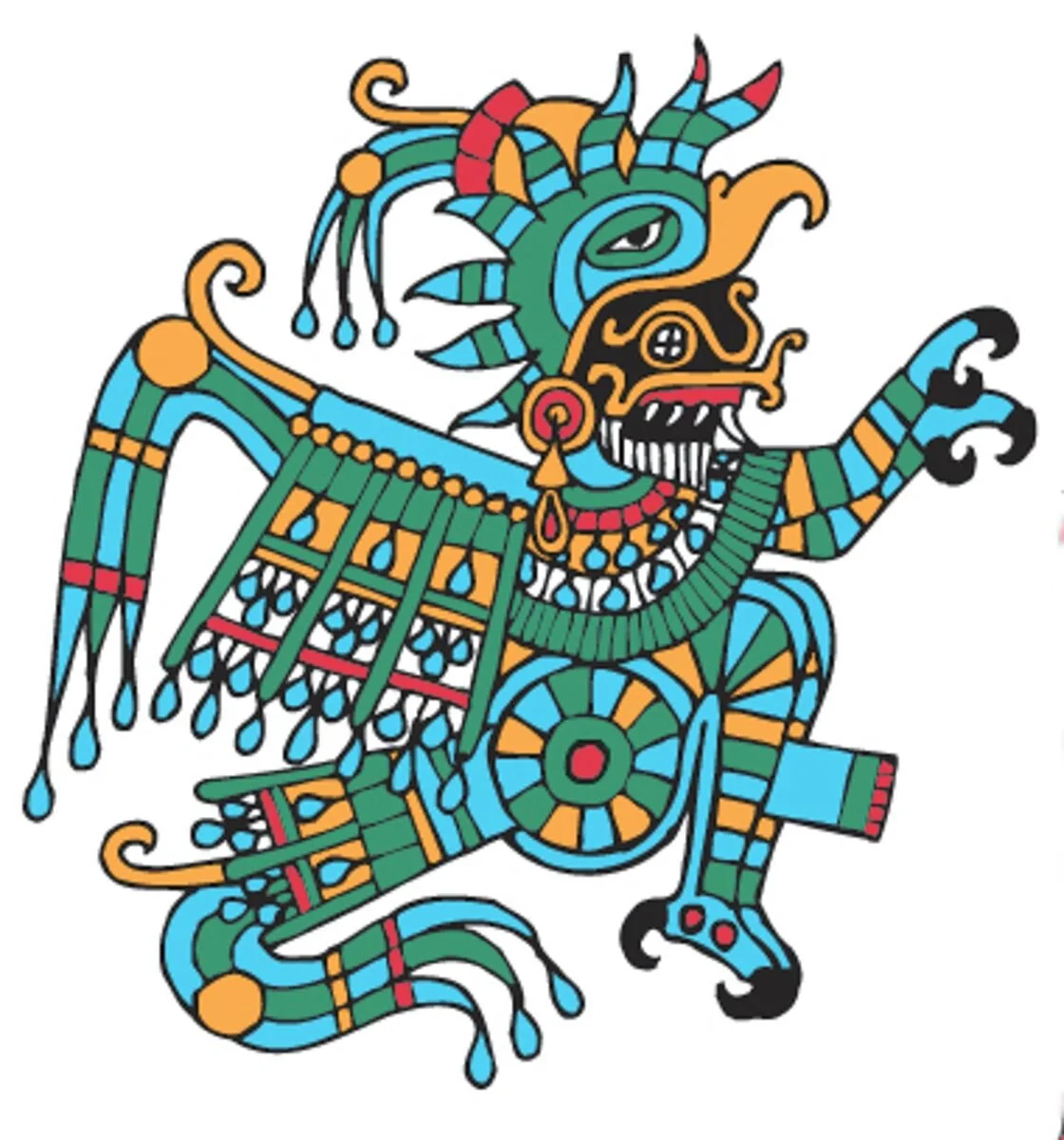Glossary
Mexican Spanish - English
abuela (ah-BWEH-lah): grandmother
abuelita (ah-bweh-LEE-tah): term of endearment for grandmother
aguamiel (AHG-wah-mee-ehl): sweetened water
alacrán (ah-lah-KRAHN): scorpion
apapacho (ah-pah-PAH-choh): an affectionate hug, cuddle, or caress
camote (kah-MOH-teh): sweet potato
campo militar (KAHM-poh mee-lee-TAHR): military camp
candelilla (kahn-deh-LEE-yah): catkin
cascabel (kahs-kah-BEHL): rattle
centavo (sehn-TAH-voh): cent
chicharra (chee-CHAH-rrah*): cicada
ciempiés (see-ehm-pee-EHS): centipede
comal (koh-MAHL): griddle used to cook or warm up tortillas
corcho-o-lata (KOHR-choh-oh-LAH-tah): a “heads-or-tails” game, literally means “cork or tin” since old bottle caps had cork on one side and tin on the other
corrido (koh-RREE-doh*): a traditional Mexican ballad that narrates a historical person or event
curandera (kuh-rahn-DEH-rah): healer
desierto (deh-see-EHR-toh): desert
encuentro (ehn-KWEHN-troh): encounter, meeting, or confrontation
equilibrar (eh-kee-lee-BRAHR): to balance
espera (ehs-PEH-rah): wait
esperanza (ehs-peh-RAHN-sah): hope
espina (ehs-PEE-nah): thorn
federales (feh-deh-RAH-lehs): the Mexican Federal Army
fortuna (fohr-TOO-nah): fortune
hablan (AH-blahn): speak
hacendado (ah-sehn-DAH-doh): owner of a hacienda
hacienda (ah-see-EHN-dah): great land estate, plantation
hambre (AHM-breh): hunger
huizache (wee-SAH-cheh): a sweet acacia tree
indio (EEN-dee-oh): Indian, often used as an insult
llorona (yoh-ROH-nah): weeping woman
lechuguilla (leh-choo-GHEE-yah): shin dagger desert plant
limpia (LEEM-pee-ah): spiritual cleansing ceremony
loma (LOH-mah): hill
m’ija (MEE-hah): term of endearment for “my daughter” (contraction of “mi hija”)
m’ijo (MEE-hoh): term of endearment for “my son” (contraction of “mi hijo”)
madre (MAH-dreh): mother; woman in the Mexican Revolution who earned a living cooking and cleaning for soldiers
Mesquite (mehs-KEE-teh): a tree common to the dessert in northern Mexico
mestizo (mehs-TEE-soh): a person of mixed race
metate (meh-TAH-teh): stone on which grains or beans are ground
monte (MOHN-teh): countryside, bush
muchacha (moo-CHAH-chah): young girl
nopales (noh-PAH-lehs): cactus pads
nueva (NWEH-vah): new
ojos (OH-hohs): eyes
pan (pahn): bread
pesadilla (peh-sah-DEE-yah): nightmare
peso (PEH-soh): currency in Mexico as well as in other Latin American countries
piedra (pee-EH-drah): rock, stone
pilón (pee-LOHN): bonus, extra
pinole (pee-NOH-leh): roasted ground corn sweetened with unrefined whole cane sugar
pobre (POH-breh): poor
puente (PWEHN-teh): bridge
pulque (POOL-keh): fermented agave cactus juice
quelite (keh-LEE-teh): pigweed amaranth
revolucionarios (rreh-voh-loo-see-oh-NAH-ree-ohs*): rebels fighting against the Federales
rurales (rruh-RAH-lehs*): mounted police force established by the Mexican government and incorporated into the Mexican Federal Army during the Mexican Revolution
sarape (sah-RAH-peh): serape, thick shawl or blanket worn as a cloak
sargento (sahr-HEHN-toh): sergeant
soldaderas (sohl-dah-DEH-rahs): camp followers, women who traveled with male family members in the war
soldado (sohl-DAH-doh): soldier
sotol (soh-TOHL): a northern Mexican plant called desert spoon
tata (TAH-tah): father or grandfather
tempestad (tehm-pehs-TAHD): storm
tierra (tee-EH-rrah*): land, earth, dirt
tranca (TRAHNG-kah): bar to keep door or gate closed
tren (trehn): train
vaquero (vah-KEH-roh): cowboy
verdolagas (vehr-doh-LAH-gahs): purslane weed
víbora (VEE-boh-rah): snake
Virgen de Guadalupe (veer-hen-deh-gwah-dah-loo-peh): Virgin of Guadalupe, a Catholic title of the Blessed Virgin Mary
zopilote (soh-pee-LOH-teh): buzzard
* “ rr ” represents a rolled r
Náhuatl - English
ahuehuete (ah-weh-WEH-teh): “old water tree”; Mexican cypress tree or Sabino tree
citlalin popoca (see-TLAH-leen poh-POH-kah): “smoking star”; comet
Huitzilopochtli (weet-see-loh-POCHT-lee): “humming bird of the south” or “hummingbird of the left”; Aztec patron god of youth, war, and conquest
papalotl (pah-pah-LOH-tl): butterfly
Tláloc (TLAH-lohk): “he who makes things sprout”; Aztec god of rain











